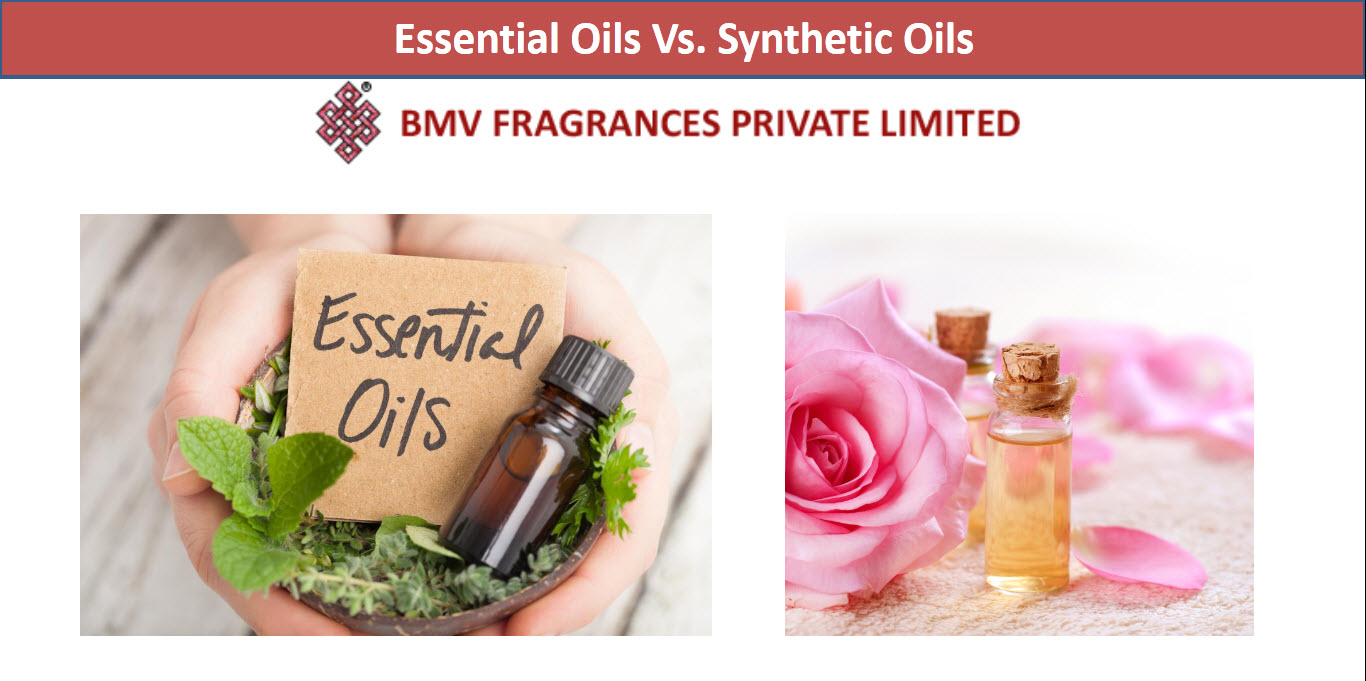Blogs

Essential Oils Vs. Synthetic Oils
The controversy over essential oils vs. synthetic oils has been debated for years. You've been thrust in the centre of this argument, bombarded with contradictory facts. It is up to you to make an informed decision about what is right for you. Where do you get impartial information? One can research by reading reputable scientific, educational, political, and industrial publications, as well as visiting the websites of essential oil suppliers. In certain cases, all sides of the conflict have conceded points to which they will never compromise.
Presence of Essential Oils & Fragrance Oils in Daily Products
Essential oils are plant-derived organic compounds with medicinal properties. This is often referred to as aromatherapy and is a therapeutic approach aimed at improving physical, behavioural, and emotional fitness. Fragrance oils and essential oils are vastly different and cannot be compared. One significant distinction is that certain people are allergic to perfume oils; this is one of the reasons that cosmetic products do not contain any perfumes (you can always add many of the essential oils on being offered). The perfume oil is preferred to not be used in moisturisers! Fragrance oils are commonly used in many skincare products, soaps, and candles, including those called "natural." It is common for a soap label to have the phrase "contains essential oils." However, such a mark can be deceiving; always search to see if it Still includes scent oils. Synthetic essential oils are difficult to avoid because they are used in almost all readily available cleaning items, room fresheners, personal care products, laundry soap, hand sanitizers, baby diapers, toilet paper, snacks, alcohol, sweets, toys, and so much more.
History of Essential Oils & Synthetic Oils
One should also look into history for the testimony of essential oil which has proved to be safer and easier to use. Since the 1800s, synthetic fragrances have been available. They have been attributed to allergies, asthma attacks, headaches, some types of cancer, and other health issues. Aromatherapy has been practised for between 3,000 and 4,000 years. Distilled essential oils have been used on humans and animals for over a thousand years and have played an important part in aromatherapy. Any society known to man has relied heavily on essential oils for cosmetic and medical purposes, and there are accounts of their efficacy and protection standards. Essential oils have never been considered to be dangerous to humans or the world in their thousands of years of life, and have only had a few limits on who could legally consume them as long as they were used properly.
Essential Oils - A Fragment of Nature
They are, in truth, the nature (essential oils) of plants and flowers! And the process we use to remove this potent essence is distillation. When it comes to producing high-quality essential oils, the distillation process makes all the difference. Essential oils are extremely complex; each is composed of dozens, often hundreds, of distinct molecules that combine to produce the scent and flavour of the oil. Critical oil distillation can be time-consuming and expensive. Some firms will dilute their oil with solvents (which they are not allowed to mention on their labels) in order to extract something out of it, diluting it and making it unsafe for medicinal or curing work.

